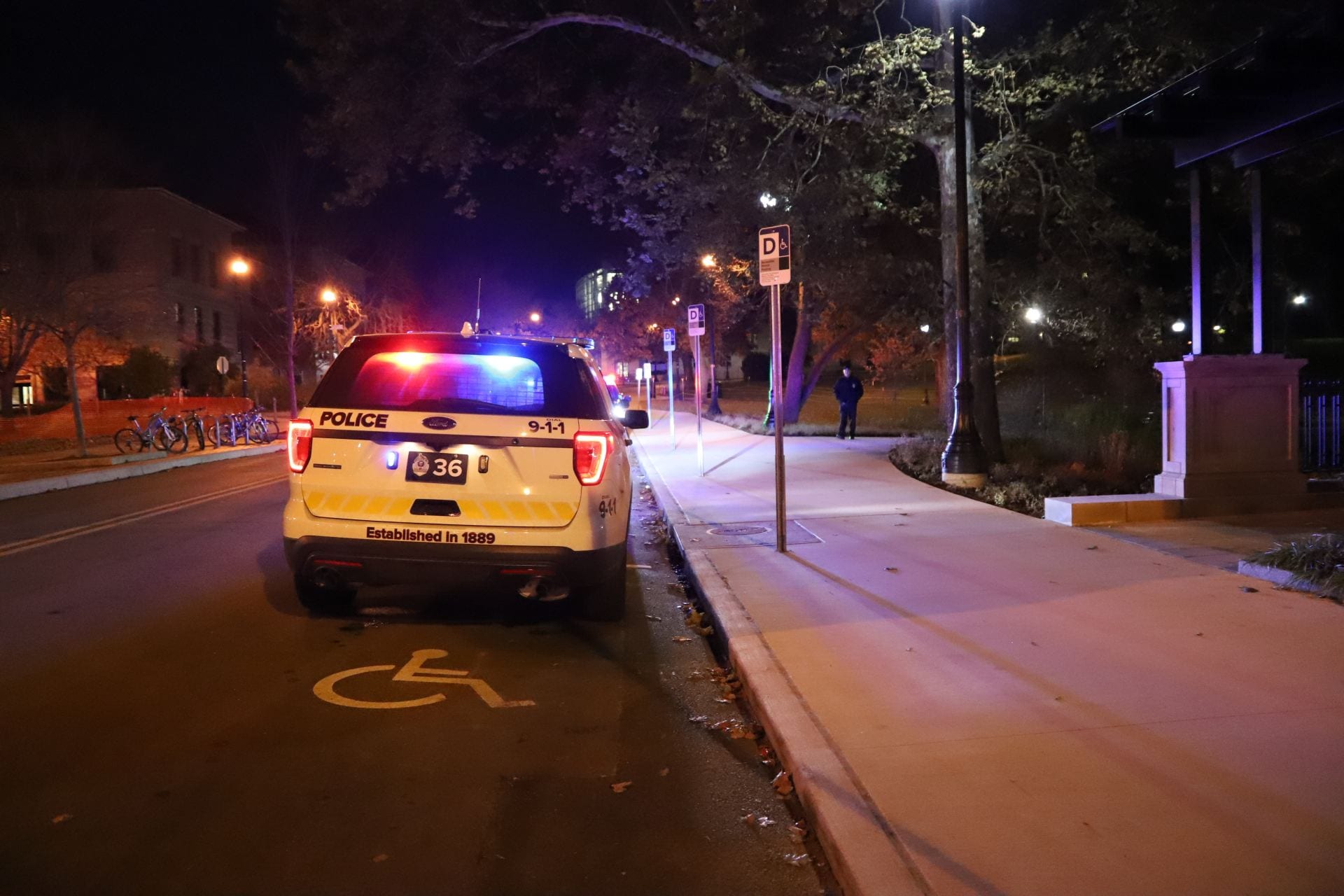After a little-known theory brought one Ohio State professor national attention, what surprised Jon Krosnick the most?
1) He would soon publish his second book on the theory.
2) His testimony in a Compton, Calif., trial unseated a mayor there earlier in the year.
3) He has become the nation’s expert in a radical phenomenon.
If you picked number one, you’re wrong. But the mistake is a common error explained by the political science professor’s studies on the “primacy effect.”
“The primacy effect takes place when you give people a set of things to see, whether it’s consumer products or a test, people remember and pick what they see first,” Krosnick said.
Krosnick compared the theory to beer-tasting. If a person tastes several different kinds, that person is more likely to prefer the first beer he or she tasted.
Similarly, when looking at a list of names on a ballot, voters are more likely to choose the first name that appears on the ballot. It’s a case like this one where Krosnick’s expert opinion changed politics in Compton, Calif.
“In Compton, a clerk didn’t order the names of the candidates for mayor the way they should be,” Krosnick said. “Because of the error, the candidates’ names did not appear first on the ballots an equal number of times.”
He said the primacy effect can cause as much as a 3 percent difference in voting outcomes; so it is extremely relevant in close elections. His testimony on the primacy effect swayed a California Supreme Court judge enough that she unseated one mayor and installed another.
Krosnick said less-educated people are influenced by the effect more because they are less likely to follow politics. Because they’re not informed about the candidates, they are likely to pick the first name on the ballot.
States all have different methods to arrange names on a ballot, and Krosnick said Ohio is the fairest.
“In every election in Ohio, names are required to be rotated from precinct to precinct so every name appears first an equal number of times,” Krosnick said.
In California, the Secretary of State literally flips a coin to decide whose name appears first. In the Compton case, the coin was flipped, but the clerk used the name order from the primary election, not the order decided by the coin toss. Krosnick said official government elections are affected more by the primacy effect than campus elections.
“I think in campus elections the only people who vote are those who know the candidates, and they vote for their friends,” said Allison Luthman, a senior in mathematics.
Krosnick agreed. He said students would be swayed if they were sucked into voting without knowing the candidates, but the students who take the time to go to the Web site probably know who they’re voting for.
“There is potential for a student to be incredibly well-informed if they go to the candidates and Election Governance Board’s Web sites, attend events like meet and greets, and ask questions of those persons potentially representing them,” said Ellen Crivella, director of the EGB.
Crivella, a junior in environmental science, said this year’s Undergraduate Student Government election will only be online. She said the technology USG uses does not offer capabilities to rotate candidates’ names and positions.
Krosnick started studying the primacy effect in 1990 with a graduate student, Joanne Miller, who is now a professor at the University of Minnesota. Together they have published a book and are preparing a second, “Rethinking the Vote,” to be published by the end of the year.
“I hope this work leads legislation to change voting,” Krosnick said. “Every state ought to work to be more like Ohio.”


